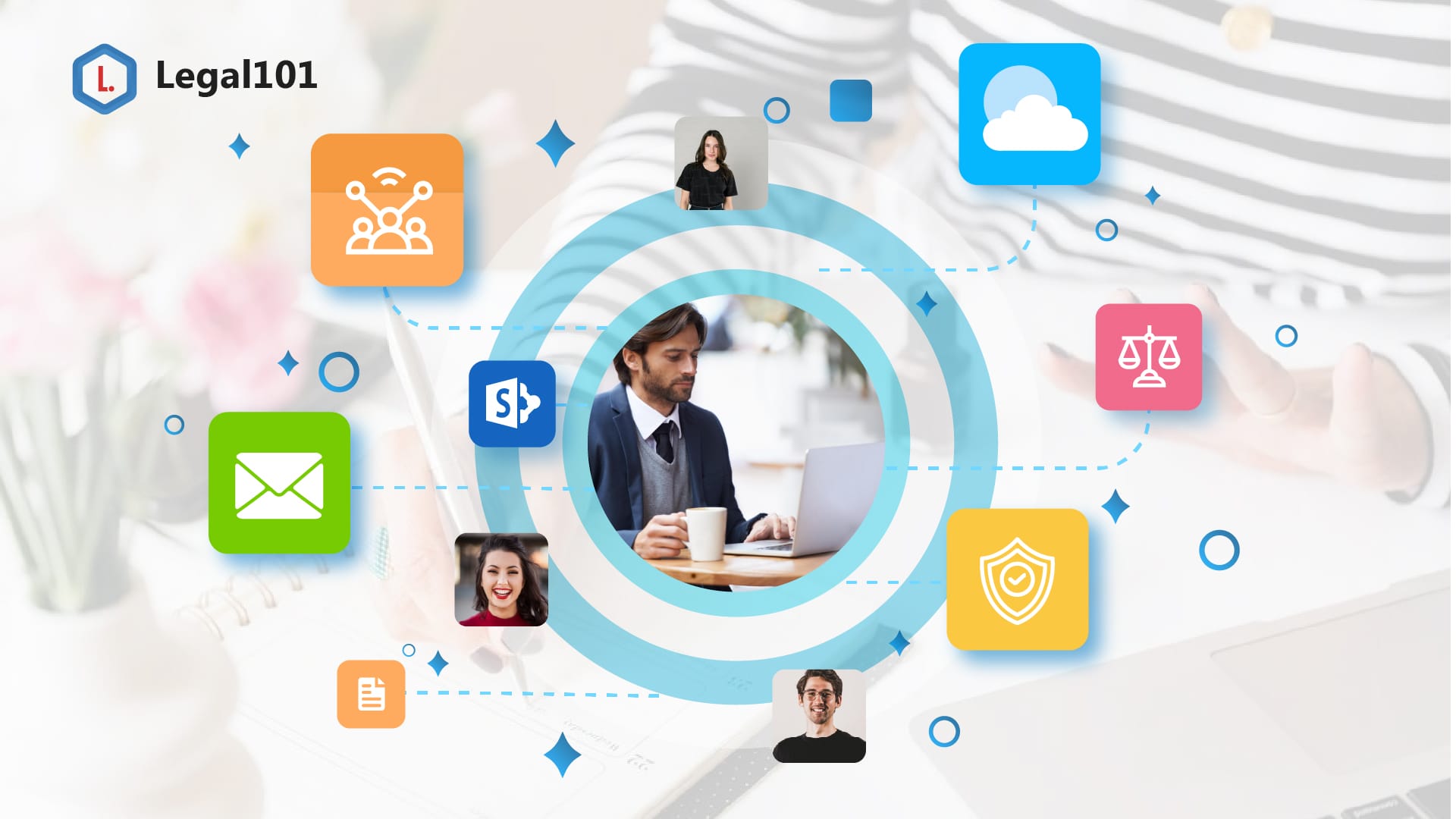This year’s CLOC Global Institute is being held May 6-9, 2024, at the Aria Resort & Casino in Las Vegas. Previously held at Mandalay Bay, Aria’s conference space is more confined and easily navigable if there is even such a thing in Vegas. This year’s conference theme is RECHARGE. RECHARGE is CLOC’s mandate for the future. By building on its robust foundations, it wants to embrace the spirit of experimentation in legal ops, pushing boundaries and setting the stage for the next era. CLOC and its members are here to recharge, reshape and revolutionize legal operations.
Tuesday session of note recap:
Navigating Legal Operations in Today’s Corporate Landscape: Insights from Industry Leaders
In the ever-evolving landscape of corporate legal affairs, the role of legal operations has become increasingly crucial. This shift is evident in the strategies and insights shared by industry leaders Tim Fraser, Jen Lenander, Chryssa Stefanou, and Eric Gorman during Tuesday’s panel discussion. As professionals representing diverse sectors, including technology, healthcare, consulting, and manufacturing, their collective expertise provided valuable perspectives on the challenges and opportunities facing legal operations teams today.

The Panelists
Tim Fraser – VP, General Counsel & Secretary, Toshiba America, Inc.
With his extensive experience in corporate legal affairs, Tim Fraser brought a wealth of knowledge to the discussion. As the vice president, general counsel and secretary at Toshiba America, Inc., he oversees legal matters crucial to the company’s operations. His insights shed light on the legal challenges unique to the technology sector and offer strategies for effective legal operations management.
Jen Lenander – Director of Legal Operations, Elastic
Jen Lenander’s role as the director of legal operations at Elastic provided her with firsthand experience in managing legal processes within a dynamic and rapidly growing organization. Her perspective offered valuable insights into implementing efficient legal operations practices, particularly in the tech industry, where innovation and agility are paramount.
Chryssa Stefanou – Global Head of Legal Operations, CSL
As the global head of legal operations at CSL, Chryssa Stefanou is responsible for optimizing legal processes on a global scale within the healthcare sector. Her expertise lies in navigating complex regulatory environments while enhancing operational efficiency and driving strategic initiatives. Her insights shed light on the unique challenges and opportunities facing legal operations in highly regulated industries.
Eric Gorman – Principal, Global Legal Transformation & Managed Services, KPMG LLP
Eric Gorman, serving as the chair of the panel, brought a comprehensive understanding of legal operations from his role as principal at KPMG LLP. With a focus on global legal transformation and managed services, Eric offered strategic guidance on leveraging technology, process improvement and outsourcing to enhance legal operations efficiency and effectiveness across various industries.
Generative AI in Legal Departments
The visions articulated by the corporate legal operations leaders regarding the transformative potential of Generative AI (Artificial Intelligence) within legal departments reflect a paradigm shift in how legal professionals perceive and harness technological advancements. Here’s an expansion on each of these points:
- Ubiquity of Generative AI:
The analogy drawn between Generative AI and the ubiquity of the internet underscores the profound impact this technology is expected to have on the legal landscape. Just as the internet has become an indispensable tool in our daily lives, Generative AI is poised to permeate every aspect of legal operations. From contract drafting and review to legal research and case analysis, Generative AI will become an integral part of the legal toolkit, facilitating tasks that were once time-consuming and resource-intensive.
- Empowering the Legal Department of the Future:
Generative AI holds the promise of empowering legal departments to operate more efficiently and effectively in an increasingly complex and dynamic business environment. By leveraging advanced algorithms and machine learning techniques, Generative AI enables legal professionals to automate repetitive tasks, extract insights from vast amounts of data and make data-driven decisions with greater accuracy and speed. This empowerment extends beyond traditional legal functions to encompass strategic planning, risk management and compliance, positioning legal departments as strategic partners in driving organizational success.
- Creating Value, Speed and Cost Reduction:
One of the most compelling aspects of Generative AI is its potential to create value, deliver that value at the speed of business and reduce costs simultaneously. By automating routine tasks and streamlining workflows, Generative AI enables legal departments to allocate resources more efficiently, freeing up time and resources to focus on high-value strategic initiatives. Moreover, by accelerating the pace of legal operations, Generative AI enables legal departments to keep pace with the rapid changes and demands of the business landscape, thereby enhancing agility and responsiveness.
Implications and Opportunities
The transformative potential of Generative AI presents legal departments with a myriad of opportunities to enhance their effectiveness and deliver greater value to their organizations. From improving operational efficiency and risk management to enabling data-driven decision-making and fostering innovation, Generative AI has the potential to revolutionize the way legal services are delivered and consumed.
However, it’s essential to recognize that the adoption of Generative AI also raises important considerations around ethics, privacy and the future of work. As legal departments embrace this technology, they must remain vigilant about ethical implications, data security and the impact on the workforce. Additionally, there is a need for ongoing collaboration between legal professionals, technologists and regulators to ensure that Generative AI is deployed responsibly and in accordance with legal and ethical standards.
Deploying Generative AI in a corporate legal department requires a holistic approach that encompasses training, prioritization and governance. By investing in comprehensive training programs, prioritizing use cases strategically and establishing robust governance frameworks, legal departments can unlock the full potential of Generative AI to drive efficiency, innovation and value creation. As Generative AI continues to evolve, ongoing monitoring, evaluation and refinement of deployment strategies will be essential to ensure continued success and maximize the benefits derived from this transformative technology.
At the conclusion of the session, each panelist provided key advice for deploying Generative AI:
- Tim – Get started now. Begin your Generative AI technology and data strategy.
- Jen – Data is the key. It’s essential to comprehend the type of data that AI tools will leverage to ensure ethical and responsible usage.
- Chryssa – Focus on change management: Create a comprehensive training management program to generate buy-in and effectively educate your team.
- Eric – Be strategic: make strategic choices about use cases.





